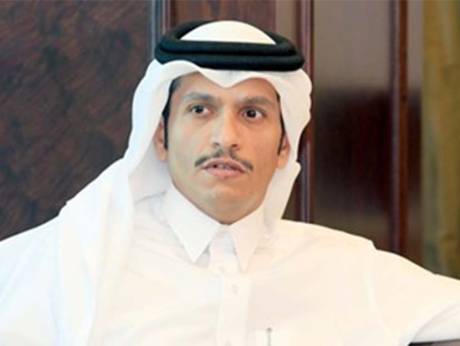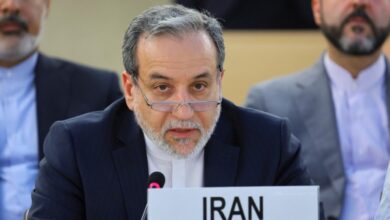
Qatar said Tuesday that the demands made by Arab nations in a Gulf diplomatic crisis were impossible to meet, as a deadline for the emirate’s response expires Wednesday.
Foreign Minister Sheikh Mohammed bin Abdulrahman Al-Thani told a press conference in Doha that the list of demands from countries isolating Qatar “is unrealistic and is not actionable”.

“It’s not about terrorism, it’s talking about shutting down the freedom of speech,” he said at a joint press conference after talks with German counterpart Sigmar Gabriel.
Saudi Arabia, the United Arab Emirates, Bahrain and Egypt — who accuse Qatar of supporting extremism — gave Doha an extra 48 hours to meet their demands after an initial 10-day deadline expired on Sunday.
The demands included Doha ending support for the Muslim Brotherhood, closing broadcaster Al-Jazeera, downgrading diplomatic ties with Iran and shutting down a Turkish military base in the emirate.
Sheikh Mohammed handed an official response on Monday to Kuwait, which is mediating in the dispute, but its contents have not been disclosed.
He refused to give any further details on Tuesday, but said Doha was looking for a solution to the month-long crisis based on dialogue.
“The state of Qatar has adopted a very constructive attitude since the beginning of the crisis. We are tying to act mature and discuss the matter.”
The four countries cut diplomatic and transport links with Qatar a month ago and have suggested further sanctions could be imposed if Doha does not comply.
Foreign ministers from the four countries are to meet in Egypt on Wednesday to discuss the diplomatic crisis, the worst to hit the region in years.
Qatar, which denies any support for extremists, has said it will not bow to pressure and that the demands seem designed to be rejected.
The country is the world’s leading producer of Liquefied Natural Gas (LNG) and on Tuesday the head of state-owned Qatar Petroleum said it was planning a significant production increase over the next several years.
*AFP








